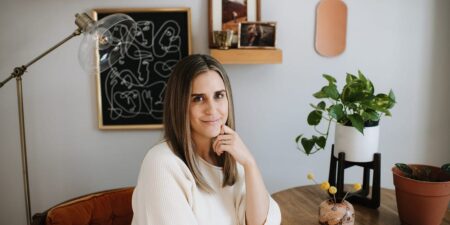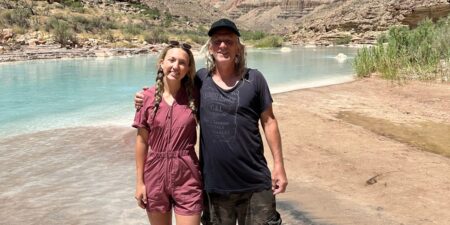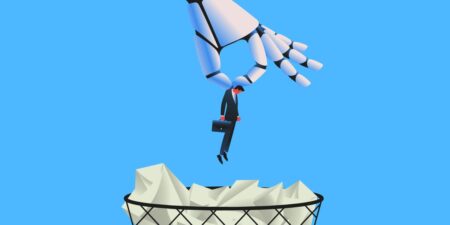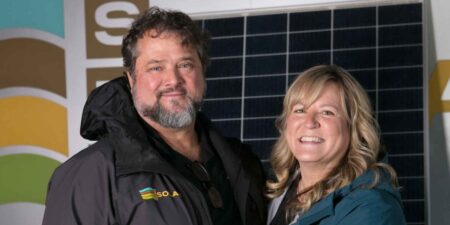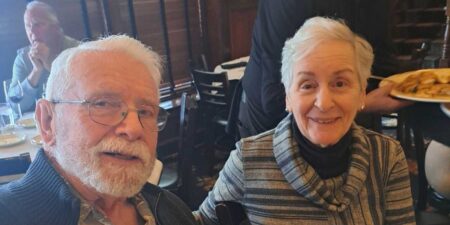When Sneha Sivakumar and Anushka Nijhawan met during their freshman year at Yale University, they immediately connected.
“Generally at Yale, not every student there is trying to become a startup founder or entrepreneur, so we saw that fire in each other and connected over that,” Sivakumar told Business Insider.
Five years later, that relationship is still going strong: the duo is now building startup Spur, which quality tests websites with AI. The startup just raised a $4.5 million seed funding round led by First Round Capital partner Liz Wessel.
Pear VC’s Mar Hershenson, Neo’s Ali Partovi, and Conviction’s Sarah Guo and Mike Vernal also participated in the funding round, along with angel investors, including Figma director of product Mihika Kapoor, Rippling chief operating officer Matt Maccinis, Dropbox CEO Arash Ferdowsi, and others.
Founded in 2024, Spur uses AI agents to test websites for bugs. Users can set up tests using plain language, such as adding a product to a shopping cart or submitting a job application. The agent can then test these functions and help with debugging if necessary.
Spur was a member of Y Combinator’s Summer 2024 batch under group partner Jared Friedman.
Plenty of software testing startups have caught investors’ attention over the years, such as QA Wolf, Cypress, and Rainforest QA. AI agents are poised to be all the rage in 2025, but Sivakumar says that Spur stands out because she and Nijhawan were the first to build a fully autonomous software tester back in 2023, when the two were still college seniors.
In fact, Spur still uses the computer and original agent they built while they were still in school, Sivakumar said.
“A lot of the other agents weren’t advanced enough,” she said. “We were at the bleeding edge of what we were doing.”
Using technical backgrounds to find and solve a problem
Sivakumar grew up in Singapore and was a professional squash player, and she was a student athlete at Yale while double majoring in computer science and philosophy. Nijhawan, meanwhile, double majored in computer science and economics.
The two arrived on campus in 2020 in the depths of COVID and were some of the few students to stay in the dorms and take computer science classes in person together. They started building projects together in their freshman year, and while they had many ideas that didn’t pan out, each had something in common: every project had the name “Spur,” a nod to the first app they built together, a “spur of the moment” social planner.
Sivakumar and Nijhawan both landed internships between their junior and senior years: Nijhawan was headed to Google as the only US intern accepted to the DeepMind team, and she spent the summer working on AI agents. Sivakumar, meanwhile, landed a role on Figma’s growth team, where she said she ended up spending almost 30-40% of her engineering hours doing bug batching.
“I just thought, ‘Why am I being paid to do manual QA? Why is there not a better way to do this?’,” Sivakumar said.
When she and Nijhawan came back to campus in the fall of 2023, they put their summer experiences together. They began developing what would become the current version of Spur: synthetic users that go through a website, make sure everything works, and give feedback — an advancement compared to paying engineers hundreds of dollars an hour to doing the job manually.
The importance of networking and building community
While developing Spur as seniors, Sivakumar and Nijhawan worked with Dr. Arman Corhan, who leads Yale’s Natural Language Processing lab.
They were also laying the groundwork for what life would look like after graduation. Plenty of well-known founders dropped out of school to work on their companies, but Sivakumar and Nijhawan both knew they wanted to earn their diplomas before they focused on Spur full time. In the fall of their senior year, they applied to YC’s winter batch and got in, but deferred to Summer 2024 and moved to San Francisco for the program after graduating.
Sivakumar said that she and Nijhawan made a point to participate as possible during their YC batch, especially when it came to mock pitch events. At one such event, YC companies were pitching to a panel of external investors, and one of the investors ended up participating in Spur’s seed round.
“It’s all about putting yourself out there,” Sivakumar said.
Sivakumar said that building community and connections at YC was a “phenomenal” experience that’s continued to provide opportunities for Spur. YC — which has an application portal that hundreds of thousands of people go through four times a year — is now a Spur customer, and she’s now built relationships with YC’s engineers and business teams.
Some people might view networking as an afterthought, Sivakumar says. But as someone who also has a technical background, getting to know the right people can be just as important as maintaining top-knotch engineering chops. She first met investors at Pear VC when she was a venture partner there in college and completed an engineering fellowship at Kleiner Perkins.
“We’ve built very close bonds,” Sivakumar said, adding that since she and Nijhawan have been working together for so long, that bond starts with the two of them.
“Doing this as a solo founder would have been very difficult, so if you’re a young founder, you should be doing this with a partner, someone you trust, and someone you’re friends with,” she said. “It makes the whole experience a fun one when you’re on the ride together.”
Read the full article here








